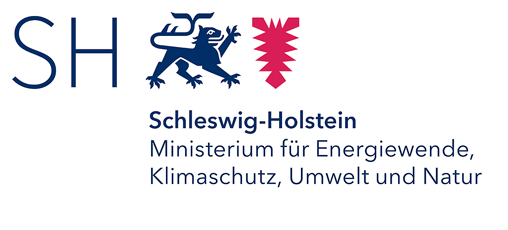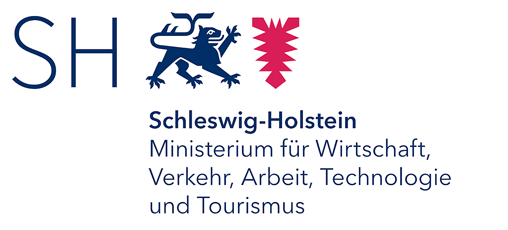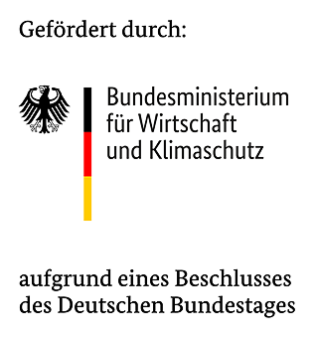Public opinion survey: FESH hopes for citizen participation
JENA. Opinion of the population asked. In the “eHighway Schleswig-Holstein field trial” (FESH), an anonymous survey on acceptance among the population is part of the accompanying research. The goal of this survey is to capture the broad perception of the eHighway project. Interviews and their evaluations take place annually. At the end of February, the third phase of the survey will be completed, so the FESH project is looking forward to citizens’ participation in the survey.
The survey available online via this link.
The eHighway, an electric overhead line system for trucks, was built on the federal highway 1 between the Reinfeld junction and the Lübeck interchange. This is being tested in real-world operations as part of a field trial. Since social acceptance is important for such large-scale public projects, stakeholders and affected citizens in the local environment of the eHighway test track in particular are to be involved during the active test phase.
The survey is conducted by the Friedrich Schiller University of Jena. “Everyone who would like to contribute to our acceptance research is cordially invited to participate,” says Prof. Dr. Rüdiger Trimpop, head of the survey. “Both supportive and critical voices are welcome. The added value lies in capturing as diverse a spectrum of perceptions and opinions as possible,” the scientist emphasizes.
Survey results are incorporated into the evaluation of the field trial
The focus of the survey is on respondents’ attitudes toward the eHighway project. What opportunities and challenges do they see? What hopes and fears do they associate with this new technology? These and other aspects can be evaluated using scales, but there are also open questions that allow survey participants to present their experiences, comments, criticisms and questions.
“The results of the acceptance research will be taken into account in the final evaluation of the field trial,” says Trimpop. “So people have a direct way to get their perspective in, and leaders can target information deficiencies.”




